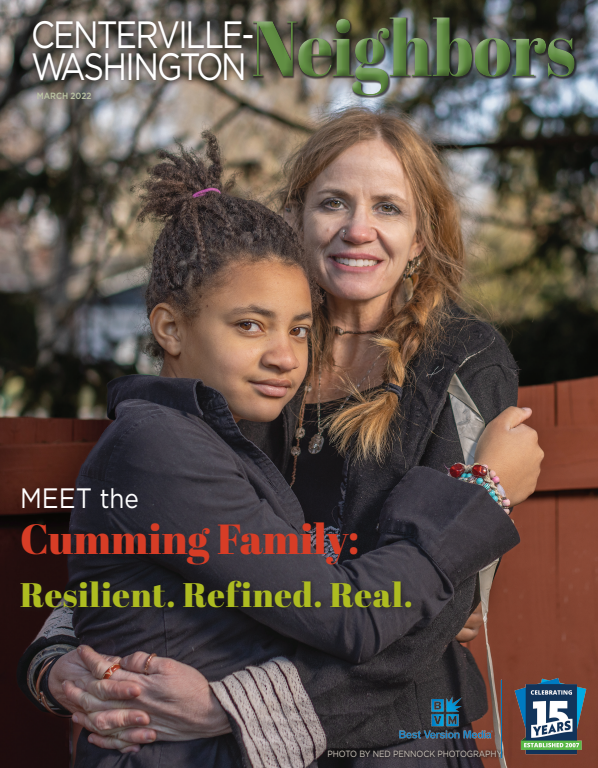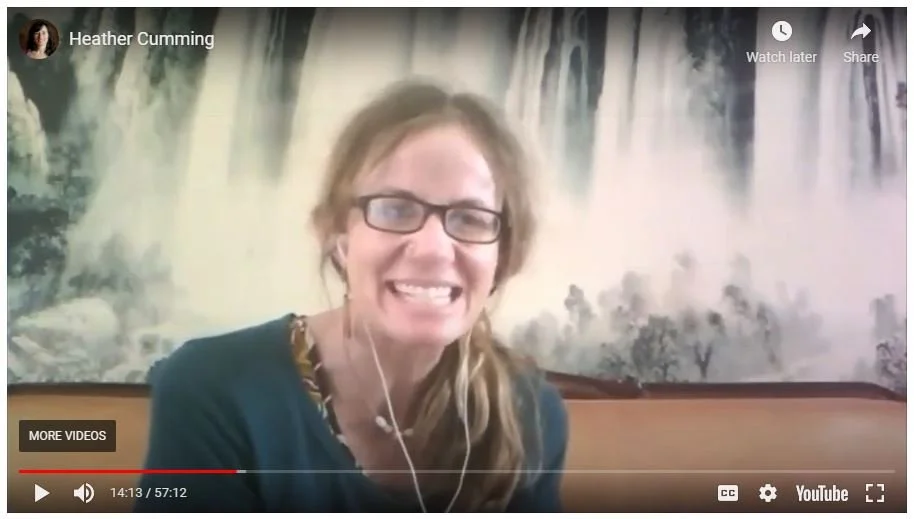
SSAAP in the News
SSAAP on YouTube
Please visit our YouTube page for videos on our work!
Weight of Water Presentation Series
Recent SSAAP Presentations in India
SSAAP Brochure
Securing Sustainable Water Sources and Grassroots Development in Rural Africa
Taking Gandhian Principles, Teachings to Africa
Project HARTwork Promotional Video for SSAAP
TCP Global Newsletter - SSAAP Article
University of Kentucky Libraries Oral History Interview
Class Note for Coloradoan
Heather Cumming Photography Certifications
Centerville-Washington Neighbors
Meet the Cumming Family
Equality Chat with Tanja Woitasczyk
From TryFreedomStories.org: “In Sierra Leone, a Uniform and a Second Chance”
SSAAP Director Heather Cumming was in Sierra Leone during the Ebola crisis. In this interview, she reflects on the education system, why SSAAP provides girls school uniforms, and how Ebola has set the recovering nation back many years.
From MSU Alumnus Magazine: “Deep Water”
With their eager faces turned toward us, they point, smile, and chatter happily to one another. We can’t hear what they’re saying; the sound of the drilling is too loud. But even without the noise, we wouldn’t understand them. They speak Tonga, one of more than 70 languages spoken in Zambia and the native tongue of members of the Simwatachela Chiefdom.
Despite the language barrier it’s clear they are excited by what’s happening. The crowd that started with four little boys peeking through the tall, dry grass has grown to more than 50 people - men, teenagers, children, mothers with babies on their backs - standing in groups just beyond the safety line. They’ve come from miles around hoping to see the moment that will change their lives.
On the other side of the line stand six Mississippi State students in hardhats, safety glasses and earplugs. Their faces show as much excitement as those in the crowd. After two years of planning, these students can finally see their Engineers Without Borders project in action.
The students were welcomed to this Simwatachela village with a thank-you meal of more food than a typical local family consumes in a day. Sitting in low wooden chairs under a tree, they were served bowls of nshima, a type of finely ground, white corn grits; rape, a leafy vegetable cooked with tomatoes; and slow-roasted goat.
Many in the group are disturbed that they saw the goat walking around prior to it being served, but Heather Cumming, our host, explains that the dish is a delicacy and a luxury the villagers don’t often get to enjoy. Livestock is the livelihood of people in Simwatachela and sharing one of the herd with our group is their way of showing appreciation.
Alternative gift market is the vision of one Denver woman’s ‘vow to do more’.
Author: FPC.AGM
Heather Cumming, from Denver, had a vision of the world that others of her generation rarely shared.
Right out of college she joined the Peace Corps and spent two years in Zambia, Africa with hopes of making a difference. After being paid and supplied by the US those two years, she looked back on what could have been accomplished and vowed to do more. The (people’s) deepest, most basic needs were not being met by the efforts of those in the Peace Corps. Efforts to establish healthcare, education, and business cannot be sustained with the most basic of life’s needs; water, food, shelter. For many Africans, potable water is the most critical resource, difficult to sustain.
Heather fell in love with the Simwatachela Community and has become passionate about helping the people of the villages of this chiefdom attain access to sustainable, dependable, clean drinking water. She lived there for two years, learning the local language (CiTonga). The Simwatachela Community is located approximately eighty kilometers (50 miles) from Kalomo, Southern Province, Zambia. In April 2008, the community headmen granted Heather 140 hectares (approximately 76 square miles) of land specifically for the purpose of starting a sustainable agricultural program. SSAAP (Simwatachela Sustainable Agricultural and Arts Program) was born. The Simwatachela community’s water challenges not only include unsafe water sources, but also are exacerbated by seasonal drought. Filtering and purification systems are ultimately supplemental to the primary need of wells. Where does a community of 5-8 thousand people begin to raise funds for wells costing upwards of $10,000 each? A world’s answer is human innovation and direct philanthropy. What can the community members themselves to to support their infrastructure? They provide education and a view to their culture through their native arts. Heather Cumming has combined artisans creations not only from Simwatachela, Zambia, but also from Sierra Leone, West Africa in an effort to educate those in America with abundance, about those who are perceived to have little in Africa, yet whose commitment to their families, communities, and survival itself are a testimony to the glory of the human spirit. Paintings from Sierra Leone depict the alluring and the disturbing, both which air in emotionally liberating the artists from an eleven-year diamond war. Zambian clay and wooden artifacts bring African culture to light along with beautiful textiles and seed jewelry.
Zambia’s plight told to Rotary
By: Katerine Ullmer, Staff Writer
12:23 PM Friday, January 21, 2011
CENTERVILLE - After graduating from Centerville High School in 1998 and the University of Colorado in 2003, Heather Cumming spent 27 months with the US Peace Corps in Zambia, in Sub-Saharan Africa.
Cumming spoke to the Centerville Rotary Club about her project at its Jan. 13 meeting.
Simwatachela Community, the small village she worked in, had little clean drinking water or sustainable agriculture. A year after she came back to the United States, she was asked to go back and help create a sustainable agricultural program on 140 hectares of land granted to her by the community headmen, she said.
“I brought a bunch of seeds to Zambia,” she said, but what she could not bring was water to irrigate the corps, or fresh drinking water. By October of each year, the village’s drinking water source contracts to a small hole, in which she once found a drowned rat.
By developing a water source and planting community gardens, the hope is that the excess produce can be used to feed families and encourage income generation. By selling the work of local artisans in Zambia and Sierra Leone, they also hope to raise living standards.
The villagers need either wells - which would cost about $8,000 each - or a dam, which would cost around $80,000, she said. The dam would help with the crops and land irrigation, though wells probably are a more likely attainable short-term goal, she said.
Simwatachela, which has about 5,000 people, is about 48 miles from Kalomo, a town that has water, she said, but that is too far to do the villagers any good. She said she has been in touch with the Livingstone Rotary Club in Zambia, but they have a waiting list and do not have money to fund the project.
The Centerville Rotary Club gave her hope that funding might be found among Rotarians here in the United States, as many have already had projects in Africa, including the Centerville and Dayton clubs.
She said she does not want to go back to the village without bringing concrete hope of someone willing to work on a project to provide the village with clean water. Cumming said she has been living in Zambia nine months of the year, but now has a baby to think about.
“I’m not going to stop until I get the water,” she said.
Information about her project, the Simwatachela Sustainable Agricultural and Arts Program, can be found on the website: www.ssaap.org.







